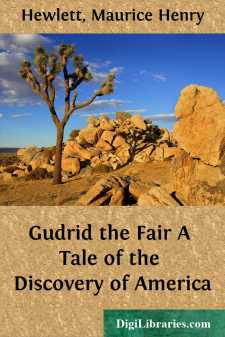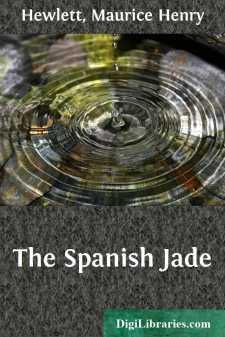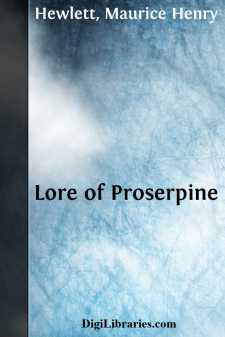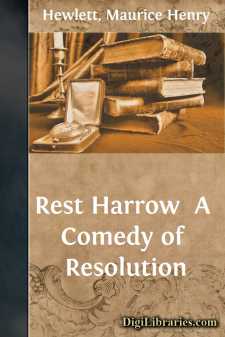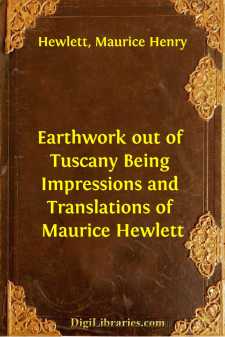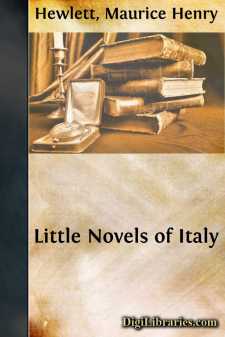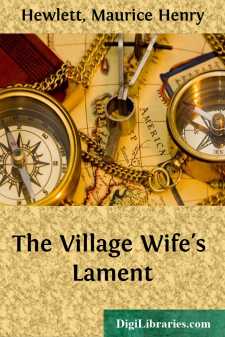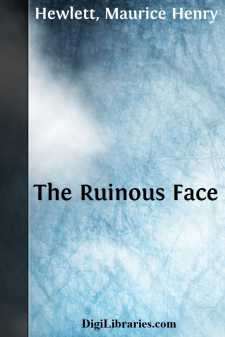Categories
- Antiques & Collectibles 13
- Architecture 36
- Art 48
- Bibles 22
- Biography & Autobiography 815
- Body, Mind & Spirit 144
- Business & Economics 28
- Children's Books 18
- Children's Fiction 14
- Computers 4
- Cooking 94
- Crafts & Hobbies 4
- Drama 346
- Education 58
- Family & Relationships 59
- Fiction 11834
- Games 19
- Gardening 17
- Health & Fitness 34
- History 1378
- House & Home 1
- Humor 147
- Juvenile Fiction 1873
- Juvenile Nonfiction 202
- Language Arts & Disciplines 89
- Law 16
- Literary Collections 686
- Literary Criticism 179
- Mathematics 13
- Medical 41
- Music 40
- Nature 179
- Non-Classifiable 1768
- Performing Arts 7
- Periodicals 1453
- Philosophy 65
- Photography 2
- Poetry 896
- Political Science 203
- Psychology 44
- Reference 154
- Religion 515
- Science 126
- Self-Help 85
- Social Science 83
- Sports & Recreation 34
- Study Aids 3
- Technology & Engineering 59
- Transportation 23
- Travel 463
- True Crime 29
Our website is made possible by displaying online advertisements to our visitors.
Please consider supporting us by disabling your ad blocker.
Gudrid the Fair A Tale of the Discovery of America
Categories:
Description:
Excerpt
This tale is founded upon two sagas, which have been translated literally and without attempt to accord their discrepancies by York Powell and Vigfussen in their invaluable Origines Icelandicae. As well as those versions I have had another authority to help me, in Laing's Sea-Kings of Norway. I have blent the two accounts into one, and put forward the result with this word of explanation, which I hope will justify me in the treatment I have given them.
I don't forget that a "saga" is history, and that these sagas in particular furnish an account of the first discovery of America, no less a thing. Nevertheless, while I have been scrupulous in leaving the related facts as I found them, I have not hesitated to dwell upon the humanity in the tales, and to develop that as seemed fitting. I don't think that I have put anything into the relation which is not implied in the few words accorded me by the text. I believe that everything I give Gudrid and Freydis, Karlsefne and Leif and Eric Red to say or to do can be made out from hints, which I have made it my business to interpret. Character makes plot in life as well as in fiction, and a novelist is not worthy of his hire who can't weave a tale out of one or two people to whom he has been able to give life. All romantic invention proceeds from people or from atmosphere. Therefore, while I have shown, I hope, due respect to the exploration of America, I admit that my tale turns essentially upon the explorers of it. My business as a writer of tales has been to explore them rather than Wineland the Good. I have been more interested in Gudrid's husbands and babies than I had need to be as an historian. I am sure the tale is none the worse for it—and anyhow I can't help it. If I read of a woman called Gudrid, and a handsome woman at that, I am bound to know pretty soon what colour her hair was, and how she twisted it up. If I hear that she had three husbands and outlived them all I cannot rest until I know how she liked them, how they treated her; what feelings she had, what feelings they had. So I get to know them as well as I know her—and so it goes on. Wineland does not fail of getting discovered, but meantime some new people have been born into the world who do the business of discovering while doing their own human business of love and marriage and childbirth.
All this, I say, is implicit in the saga-history. So it is, but it has to be looked for. The saga listeners, I gather, took character very much for granted, as probably Homer's audience did. Odysseus was full of wiles, Achilles was terrible, Paris "a woman-haunting cheat," Gunnar of Lithend a poet and born fighter, Nial a sage, and so on. The poet gave them more than that, of course. Poetry apart, he did not disdain psychology. There is plenty psychology in both Iliad and Odyssey—less in the sagas, but still it is there. And when you come to know the persons of these great inventions there is as much psychology as any one can need, or may choose to put there—as much as there is in Hamlet, as much as there is in La Guerre et La Paix.
In Kormak's Saga, for instance, which I put forward some years ago as A Lover's Tale, is there no psychology? It is no way out of it to put down Kormak's tergiversations to sorcery. I doubt if that was good enough for the men who first heard the tale; it is certainly no good to us. In the strange barbaric recesses of the tale of Gunnar Helming and Frey's wife, what are we to make of it all unless we reckon with the states of poor Sigrid's soul, married to a gog-eyed wooden god?...


